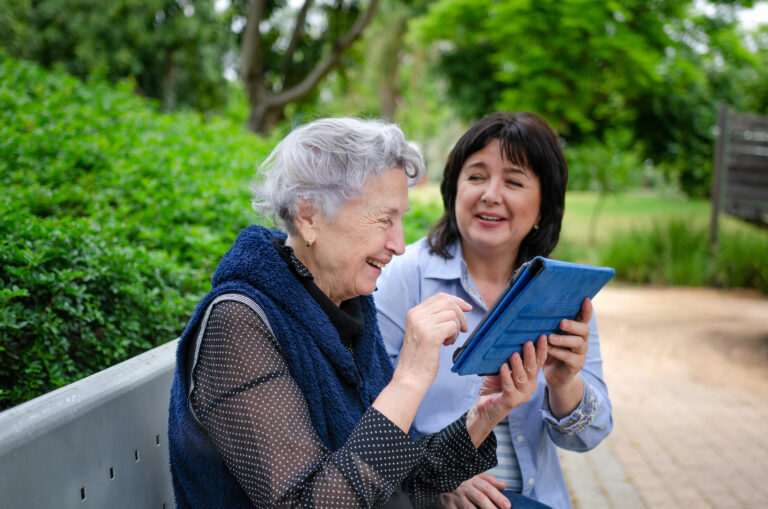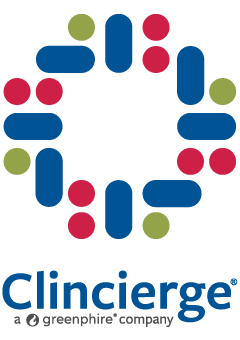Emotions of fear and uncertainty often flood an individual when they first receive a rare disease diagnosis. Many patients will require assistance with daily tasks and transportation and logistics involved in various doctor’s appointments, treatment methods, and at times, participation in a clinical trial. Patients reach out to family and friends who act as caregivers, offering critical emotional, medical, and physical support. While most pharmaceutical companies are concerned with the patient experience during treatment, few are interested in understanding the caregiver’s needs.
A new study conducted by Phreesia Life Sciences investigated the importance of interactions between pharmaceutical companies and those providing care for seriously ill patients.
Over 2,000 caregivers participated in the survey, and 76% of these were women, with a majority over the age of 55. The study revealed how involved caregivers are at every step of the treatment process.
- 73% are responsible for scheduling doctor’s appointments for the patient
- 75% accompany patients to their consultative visits
- 69% are responsible for picking up the patient’s prescriptions
- 64% supervise the patient’s medication protocol
It is easy to see how the patient’s illness creates additional tasks for the caregiver, many of whom are still employed and have children or aging parents who also need their attention. In addition to these added responsibilities, caregivers often take the lead when determining treatment options for the patient.
- 92% of caregivers are actively involved in conversations between the doctors and the patient
- 82% of ill patients turn to their caregivers when choosing treatment options, with many relying on them to make healthcare decisions on their behalf
Additionally, caregivers must learn about the disease and the various treatment options available. They have to weigh the risks and benefits of the drugs and other possibilities, all while comforting the patient and keeping their best interest at heart. Many times, caregivers must endure the process of watching the patient’s health deteriorate while remaining positive and supportive.
As one can imagine, the emotional pressure on these caregivers can be severe. Of those surveyed, 75% reported feeling moderate to extreme stress, and 55% categorized their top need as emotional support.
While caring for rare disease patients, many caregivers become fully immersed in the many physical, mental, and emotional needs the illness causes. They often become isolated from the support they need from friends and family as they tend to the patient.
The survey recommended specific training programs for caregivers and support services through online chat groups and connections with disease advocacy groups. It’s critical these caregivers must not feel isolated in their journey.
Pharmaceutical sponsors partnering with a patient support services company provides that foundation in a patient care coordinator. This person resides in the same time zone as the patient and caregiver, speaks their language, and understands the area and its cultural nuances. They are paired at trial enrollment and will work as a team through completion. The coordinator handles all travel arrangements for the patient and caregiver for the duration of the study, including hotel accommodations and air, rail, and ground transportation. The coordinator learns about the rare disease as a whole and how it affects the patient individually.
Furthermore, the patient care coordinator assists with scheduling site visits and other patient and caregiver needs. The coordinator is always reachable by cell phone and learns to anticipate their preferences. They become a listening ear for the stressed caregiver who needs to yell or the sad patient who needs to cry.
In a recent study conducted by Clincierge, caregivers voiced the many emotions associated with clinical trial participation.
- Hopes and fears: we hope the treatment works, yet we fear the side effects or medicine not working
- Determination to fight the disease: we have to do this
- Anxiety and anguish: uncertainty of whether the treatment would work
- Worry: will this cause pain/suffering for the patient?
The caregivers discussed the many emotional, financial, and logistical burdens related to clinical trial participation. Still, many said they would do whatever it took to get their loved one the potentially life-saving treatment they desperately needed. Many times, these caregivers revealed they put the patient’s needs above their own, resulting in emotional issues and increased stress levels.
"Things that add stress are worrying about food all day, worrying that we'll go over the allotted budget for spending that day, and trying to fit everything into a small amount of time. Financially it is also stressful to have to take off from work and lose that pay...Sometimes it takes a day or two mentally for everything to feel back to normal and everything to be unpacked."
Keith B.
In conclusion, pharmaceutical companies are very interested in the patient experience during their rare disease clinical trial but often do not consider the caregiver’s experience. As outlined in the two studies referenced above, it is also imperative to consider the caregiver’s path when creating trial protocols. By including a patient support services company, the sponsor provides another level of support for both the trial participant and their caregiver. This one-on-one patient support model increases clinical trial enrollment and retention, helping current rare disease patients and quickly bringing life-saving treatments to market.



